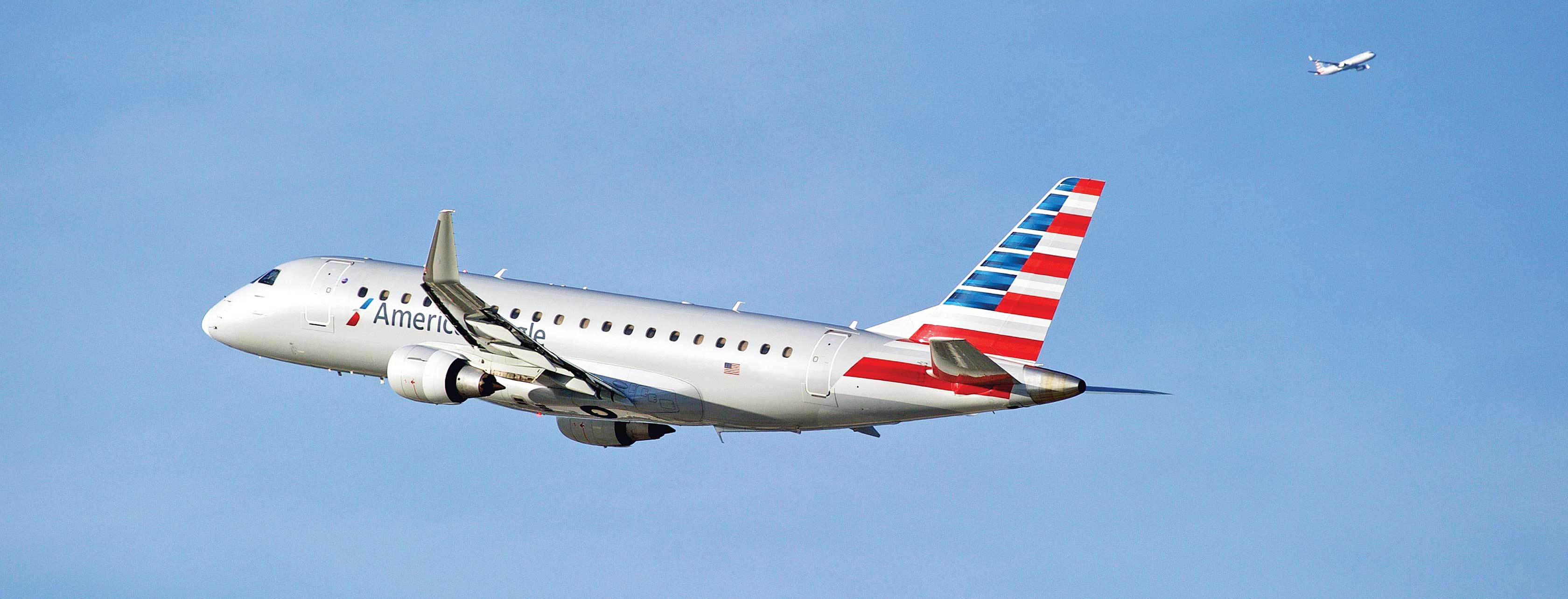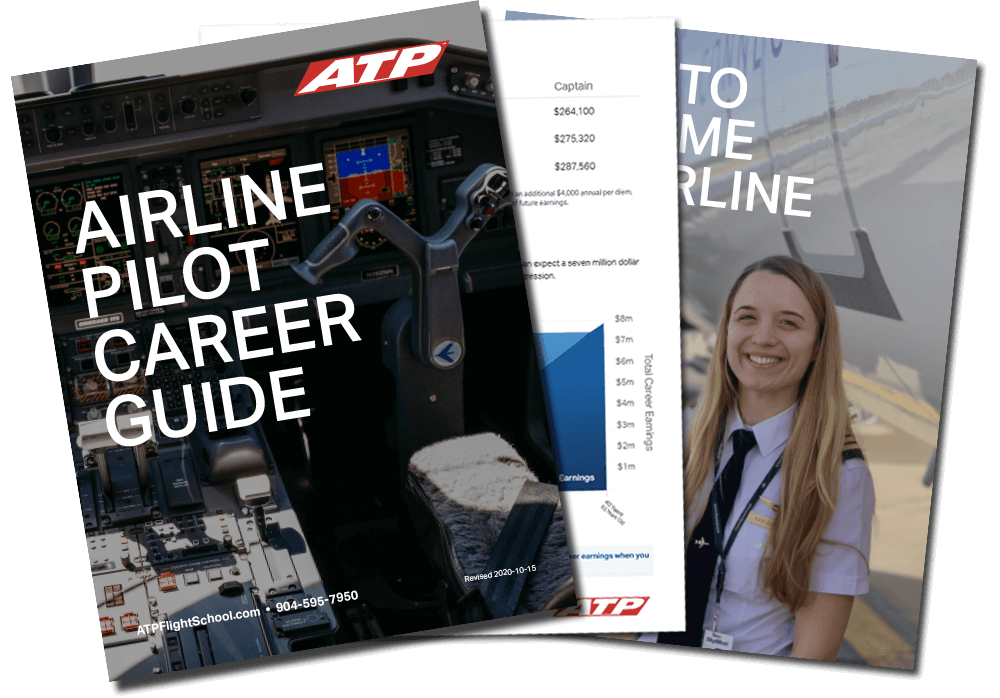Phase 1: Research and Planning
- The Decision
- Career goals
- The Plan
Deciding to become an Airline Pilot begins with a lot of research and self examination. Talk to people in the Airline Industry about the reality of day-to-day life as a pilot to see if it matches up with your concept of what it would be like. Read as much as you can about the kind of lifestyle you will be living. Research the different career paths available within the Airline Industry. Talk to your loved ones to get their input into the decision.
Set realistic goals for yourself based on your age, education, life experience and family situation. Aim high but focus on being realistic, choosing a goal somewhere between being a Flight Instructor and the Commander of the Space Shuttle. One thing is for certain, setting a goal is the only way you are going to achieve it.
Having decided on a goal, the rest is a matter of logistics. You need to plan for the economics of flight training. You need to plan to put in the necessary time for flight training and acquiring your Airman Certificates and Ratings. Once you have graduated from training you will need to flight instruct to build the kind of quality flight experience that will qualify you for a job with the airlines, and it is never too early to start planning for that eventuality.
Phase 2: Execution
- Training
- Experience
- Application
- Success!
Get the best, most affordable and reliable training you can get that achieves your goals in the shortest amount of time. Select a school offering a fixed cost for training so that you won’t be drained dry of money before reaching your goals. A school that follows a curriculum whereby you end up with your Instructor Ratings is also very important as you will need to build more quality flight experience after you complete your training. Graduating with loads of Multi-engine time is also preferable as M/E time is essential to getting an airline job.
If you complete your training with Certified Flight Instructor, Multi-engine Instructor and Instrument Instructor Ratings you can begin your career as a Professional Pilot immediately. You can also log the time in your own log book, while your student is paying for the flight time and is paying you for instruction. In this way you can also refine your own flying skills as you teach what you have learned to others. It is also important to get some quality Jet Transition Training to ready you for success in the application process and new-hire training at the airline you will be applying to.
Once you have built enough hours of quality flight experience required by the airline that you want to go to work for it is time to apply. Carefully research which airlines you are interested in going to work for based on the quality of life offered, pay scale, pilot bases and time required to upgrade to Captain. Once you have made your choices find out how to make application and go for it.
You’ve been hired! You will soon be receiving a package from your new airline containing training material which you will need to become familiar with before arriving at the Training Center to begin. Diligently prepare for this initial training as you will be subjected to a lot of fast paced training while you are there. Simply put, the more prepared you are when arriving at the Training Center; the better you will do while you are there.
A journey of a thousand miles begins with a single step, so come up with a plan and get started!

